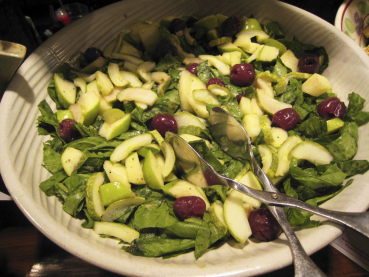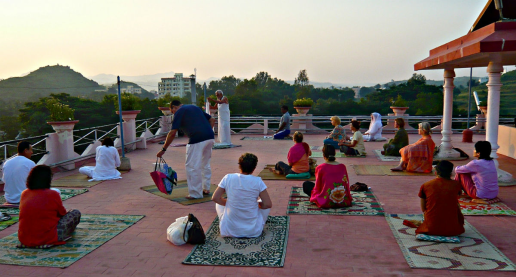 An advert in Hinglish, outside a cafe named Hinglish, seen in Delhi
An advert in Hinglish, outside a cafe named Hinglish, seen in Delhi
School teachers everywhere lament the dilution of language. There are many reasons why languages change and perhaps they should and must change. In India the cross-fertilization by 23 official languages and scores of dialects, including the newest Bombay Bollywood speak, has resulted in Hinglish, Pinglish, Binglish, Minglish… a whole range.
Inevitable or not, as a teacher I don’t enjoy correcting notebooks any more. SMS-style spelling is quite a strain for the English teacher, in India and everywhere else I am sure...
The English language was a tool of government under the British Empire. Facility in the language was a ladder to material success. Good English is still perceived as an economic advantage what with BPOs (Business Process Outsourcing, i.e. call centres) snapping up English speakers. What is more, the right kind of English gets you entry into the right kind of circles. As anywhere else in the world, class is expressed through accent and intonation.
Multilingualism is our greatest strength. Our children learn a minimum of 3 languages in school. The standards are questionable no doubt, but communication is happening, and plenty of it, even if in grammatically flawed sentences.
- Madhavi Kapur wrote exclusively for us in support of the 2007 Open University / BBC co-production Indian School.


Rate and Review
Rate this article
Review this article
Log into OpenLearn to leave reviews and join in the conversation.
Article reviews